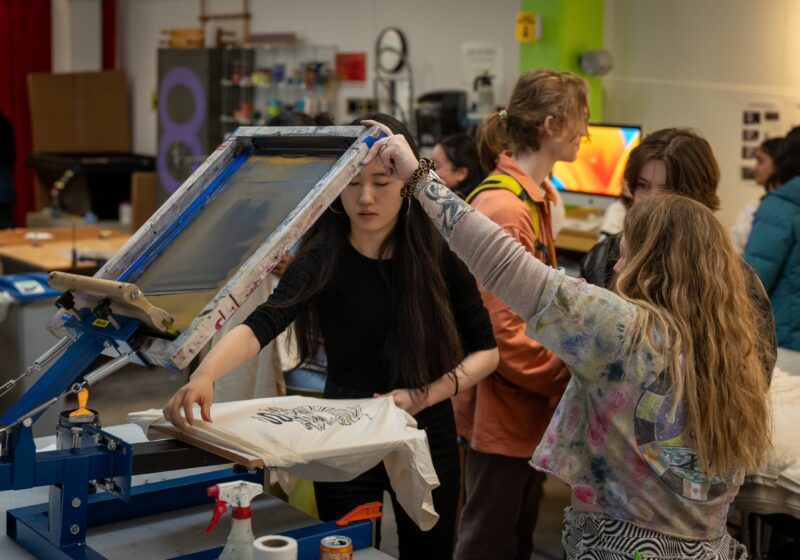On Saturday, October 4th, Jews around the world celebrated the holy day of Yom Kippur, a day designated to repenting for sins and apologizing for wrongdoings during the previous Jewish year.
The following morning, Sunday, October 5th, the brothers of Emory University’s Alpha Epsilon Pi (aepi) awoke to swastikas painted on the outside of their fraternity house.
The day after aepi had been vandalized, the brothers of Kappa Alpha found swastikas strewn across the outside of their house as well.
The incident sparks concern and extreme uneasiness for Emory staff and students and draws national attention to the existence, and even the expression of anti-Semitism on a college campus. The University’s president, James W. Wagner, commented on the incident. “Among the many pernicious things the swastika symbolizes, in the last century it represented the most egregious and determined undermining of intellectual freedom and truth-seeking. In short, its appearance on our campus is an attack against everything for which Emory stands.”
Liana Brown, a freshman at Emory, expresses her concern. “It’s sad and upsetting that this happened especially during the most important part in the Jewish year, but yesterday the entire school came together and wore blue to support the fraternity and the Jewish community in school,” Brown says. “I don’t feel unsafe here because I know there is such a prominent Jewish community here that supports the fraternity is not willing to allow the graffiti to affect them.”
The incident reflects the anti-Semitism that exists in the world today, in spite of the acceptance of cultural diversity and modernity on which we pride ourselves. Perhaps the most frightening part is not what happened at Emory so recently, but the fact that this incident is a link on a preexisting chain of hate crimes against Jews at universities. In 2011, Lafayette University investigated anti-Semitic graffiti that had been found repeatedly in various places around the school. Just last year, two students were found guilty of painting their anti-Semitic thoughts across the dumpster, garage, and twelve cars belonging to the Penn State fraternity Beta Sigma Beta.
The anti-Semitism that recently emerged at Emory during a holy time for the Jewish people serves as further indication that hatred among different cultures, ethnicities, and races should not and will not be tolerated. We can take the recent hate crime at Emory as a learning experience, and advocate inclusion and tolerance.
The University of Rochester does its best to advocate inclusion and tolerance as well. The University’s webpage on Jewish life expresses that “Rochester offers a comprehensive, supportive environment – both academically and culturally – for students of all backgrounds. Rochester students represent a diverse backdrop of experiences, ideals, and traditions that help each of them not only to carve out their own path, but also to learn from one another.”
With open-minds, we can take advantage of the “diverse backdrop of experiences, ideals, and traditions” that Rochester offers, and continue to appreciate and thrive within it.
Kaplan is a member of
the class of 2018.




